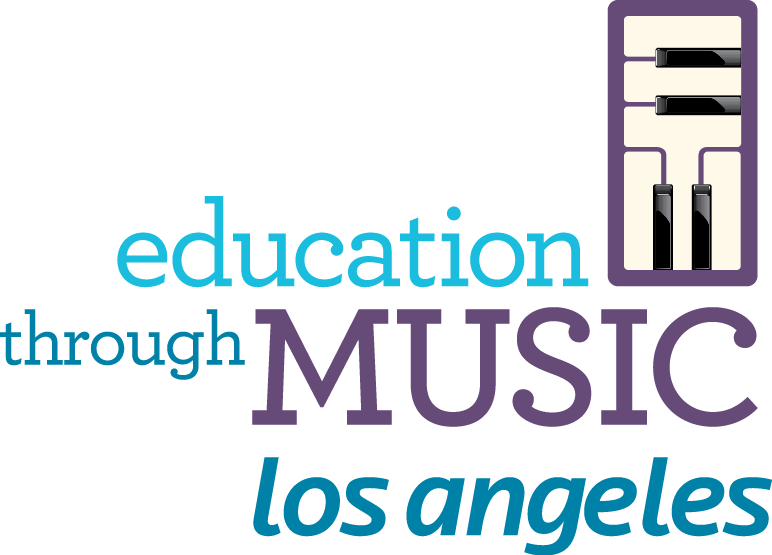Spotlight on Vincent Womack, Conductor & Music Professor
"When my opportunity to join the school band program came in 5th grade, I was hungry for it. I expected big things to happen—they did."

Why do you teach music and how has it impacted you?
As a music teacher, I am constantly preparing for a performance so there’s always a hill to climb, a quest to solve, and a mission to accomplish. I enjoy the energy and intensity surrounding performance preparation and helping others discover their best in the process. This has impacted me in countless ways, but mainly in shaping my view of success and the importance of teamwork.
How has conducting and working with ensembles impacted you?
Conducting ensembles has made me more process-oriented. Among other things, the conductor is a problem solver. Whatever problems exist, they can be corrected with commitment to a process.
What are some ways you amplify and celebrate Black music throughout the year?
I produce concerts throughout the year, especially in February, that highlight contributions of Black artists and the sociological impact of the music. I teach a music history class that delineates the impact of Black music on America since the Civil War. I also conduct the African American Chamber Music Society Orchestra which focuses on music of Black symphonists.
Tell us about your upbringing with music, and how that helped shape what you are today.
Growing up, there was music constantly in my house. My mom sang and played piano and my older brothers played trumpet in the school band. Seeing them enjoy practicing, making music, and participating in ensembles gave me an early appreciation for music and the confidence that I would also be accepted into the world of music. When my opportunity to join the school band program came in 5th grade, I was hungry for it. I expected big things to happen—they did.
Why is music essential for young minds?
Music is essential for young minds mostly due to the transformative power of practicing.
Effective practice is required for successful music making. Practice involves honesty, problem-solving, goal setting, time management, and reflection. These are also quality components for success in life.
Why is ETM-LA’s mission so important?
I find ETM-LA’s mission to be important because it underscores a commitment to quality and consistency in the process of bringing music to students in under-resourced schools. Music education ensures greater success and more enriched experiences, and ETM-LA’s mission provides that for more students.





